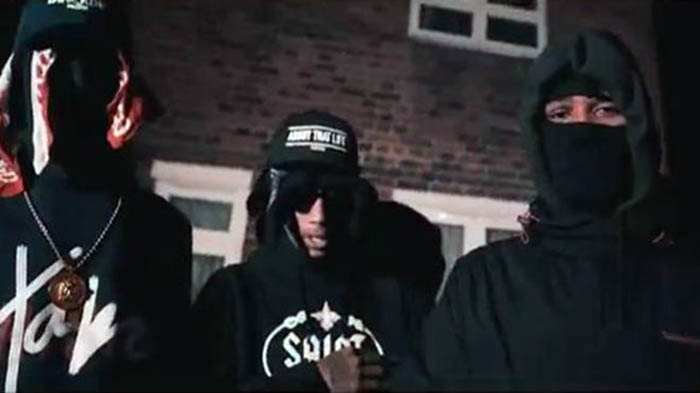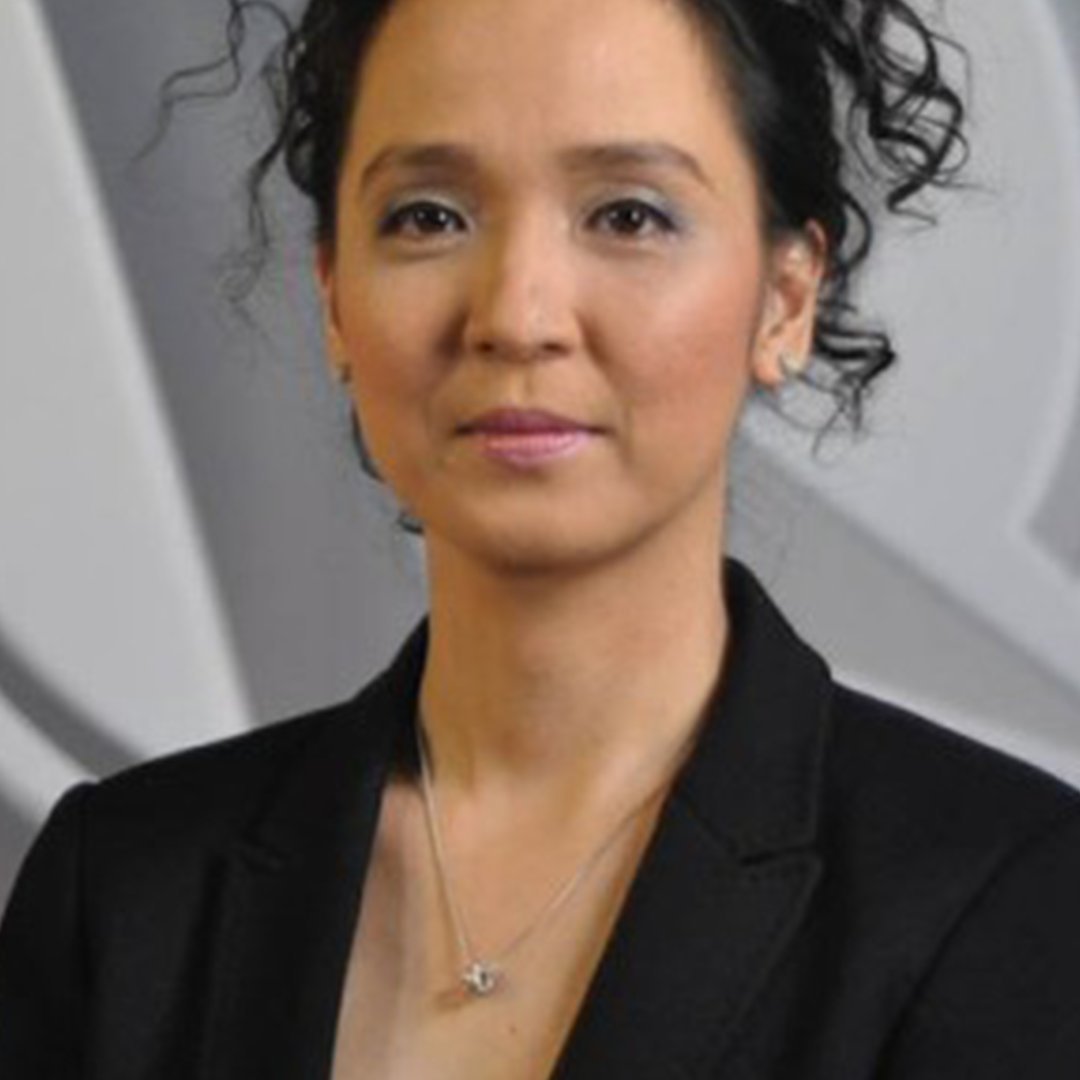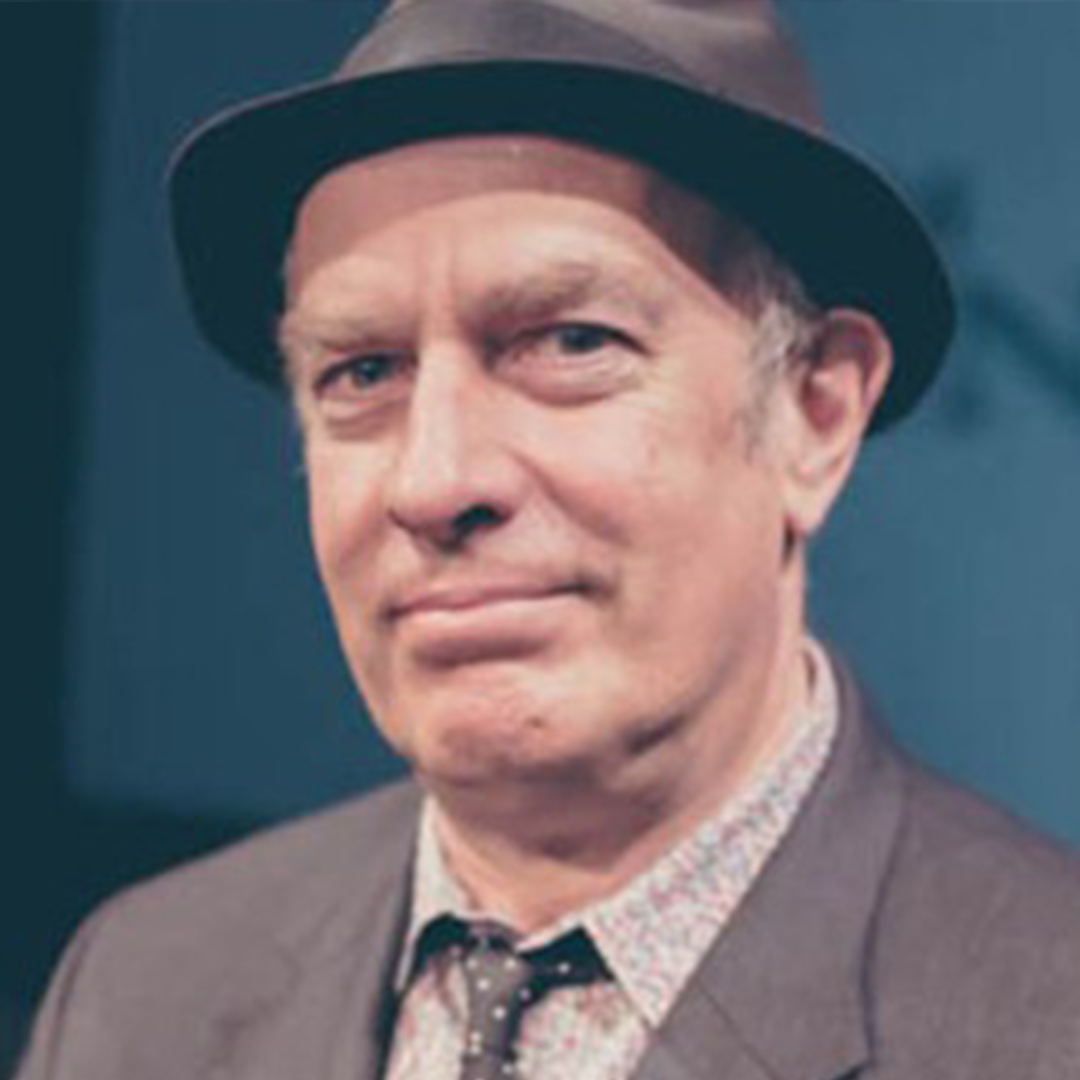Index relies entirely on the support of donors and readers to do its work.
Help us keep amplifying censored voices today.
[vc_row][vc_column][vc_column_text]
Five members of the 1011 gang have been banned from making “drill” music, a type of hip hop characterised by its violent and aggressive lyrics, without police approval.
The Metropolitan Police sought an unprecedented Criminal Behaviour Order (CBO) against the teenage and young adult defendants, prohibiting them from making music that includes lyrics that encourages violence.
A judge ruled in favour of the CBO on Friday 15 June. As part of the three-year order, certain words and themes must not be included in their lyrics, including death, injury, a list of gangs and certain postcodes associated with gang activity.
Also, the Metropolitan Police must be made aware in advance of any new music videos or performances by the group. If requested, police must be granted access to performances. Police must be granted access to social media accounts to check the content of unpublished materials.
“Banning a kind of music is not the way to handle ideas or opinions that are distasteful or disturbing,” Index on Censorship CEO Jodie Ginsberg, said. “This isn’t going to address the issues that lead to the creation of this kind of music, nor should we be creating a precedent in which certain forms of art – which include violent images or ideas – are banned. We need to tackle actual violence, not ideas and opinions.”
Myles Jackman, obscenity lawyer and legal director for the Open Rights Group, joined Index at the court. “The order was unduly onerous and not in line with articles 8 and 10 of the Human Rights Act,” he said. “This is a very worrying indicator for freedom of expression because the police have had a win and in all likelihood they will try again.”
Drill music originated in Chicago, USA, and was exported to south London through YouTube videos. It is the belief of the Metropolitan Police that drill music is responsible for fuelling an escalation in murders and other violent crimes around London.
A number of drill music videos, which tend to feature masked and hooded gangs, have already been removed from YouTube, although it is unclear whether this was the result of a request by the Metropolitan Police.
This article was updated on 18/6/2018 to provide additional details on the nature of the prohibitions.[/vc_column_text][/vc_column][/vc_row][vc_row][vc_column][vc_basic_grid post_type=”post” max_items=”4″ element_width=”6″ grid_id=”vc_gid:1529310858822-db592a88-97d9-7″ taxonomies=”8883″][/vc_column][/vc_row]
A drill rap group in London has been issued with a court order that bans them from making music without police permission. In what is being described as a legally unprecedented move, members of a group called 1011 have been banned from mentioning death or injury, and from mentioning named postcodes in a gang context. Read in full.
Representatives of 42 international and national non-governmental organizations issue the appeal to the Parliamentary Assembly of the Council of Europe (PACE) to request the appointment of a Rapporteur to examine the situation of political prisoners in Azerbaijan.
Below is a short version of the document. Read the full statement here: ![]() csp_letter_to_pace_on_az_political_prisoners_12_june.pdf
csp_letter_to_pace_on_az_political_prisoners_12_june.pdf
Civil society groups report that today there are at least 100 prisoners held on politically motivated charges in Azerbaijan. Among them are dozens of religious activists, at least nine journalists, editors and bloggers as well as members of the political opposition, human rights defenders and several persons who have been imprisoned in retaliation for the actions of their relatives who have fled the country. The most notable cases include the continued imprisonment of former opposition Presidential candidate Ilgar Mammadov, investigative journalist Afghan Mukhtarli, the leader of Muslim Unity Movement Tale Baghirzade, and Mehman Huseynov, young blogger and journalist who documented corruption among high-ranking government officials through his YouTube posts.
It is time for PACE to take decisive action to tackle the issue of political prisoners in Azerbaijan in order to hold the authorities accountable for implementing the commitments undertaken upon the country’s accession to the Council of Europe in 2001.
Resuming the work started by Christopher Strässer will send a first strong signal to the Azerbaijani authorities to demonstrate that the Assembly will not tolerate a continuation of this systematic repressive practice which has no place in a Council of Europe Member State. As politically motivated imprisonment violates the underlying principles of the Council of Europe, appointing a Rapporteur with the mandate to investigate the issue and make recommendations is consistent with the mandate of the organisation.
Reiterating our concerns about the widespread use of politically motivated imprisonment in Azerbaijan we, the undersigned civil society organizations call upon the members of the Committee on Legal Affairs and Human Rights the PACE, which has been mandated to make a decision on this matter, to:
Signatures:
Individual signatories from Azerbaijan
FEATURING

Journalist

Cartoonist

Musician